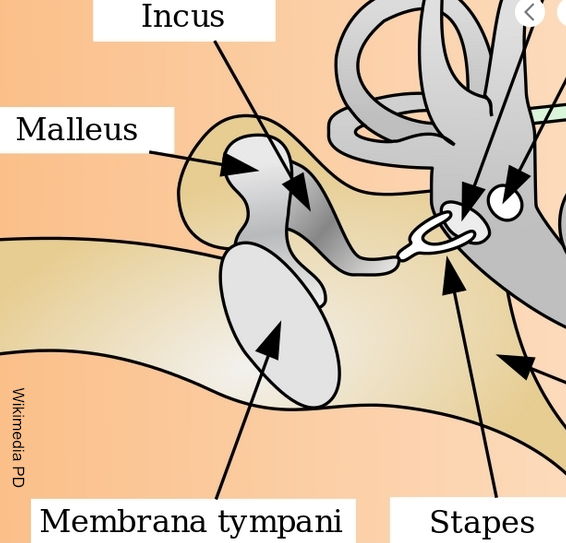When there is no external source of sound, one of the symptoms of tinnitus is the perception of sound. Its pitch, volume, and duration might change, and it can sound like a ringing, buzzing, or whistling. Tinnitus can be mild or severe, and it can be an acute or chronic illness. A person’s quality of life may be significantly impacted by how severe their tinnitus is.
Tinnitus may have a variety of underlying reasons, such as hearing loss, loud noise exposure, specific drugs, head or neck injuries, and other illnesses like cardiovascular disease or thyroid issues. The root cause of tinnitus may not always be known and may even involve several factors. Any part of the auditory system, including the inner ear, the auditory nerve, and the brain, can produce tinnitus.
Underlying Causes:
One of the most typical underlying causes of tinnitus is hearing loss. Age-related hearing loss, also known as presbycusis, is a product of normal aging, but noise-induced hearing loss is brought on by prolonged exposure to loud noise. Tinnitus can also be brought on by some drugs, head or neck trauma, and medical illnesses like cardiovascular disease or thyroid issues. The root cause of tinnitus may not always be known and may even involve several factors. The underlying cause should be identified and addressed, if at all possible, because tinnitus is a symptom and not an illness.
Tinnitus may have a variety of underlying causes, and each person will likely have a different etiology. Other causes of tinnitus include ear infections, heart or blood vessel disorders, Ménière’s disease, brain tumors, acoustic neuromas (tumors on the auditory nerves of the ear), migraines, temporomandibular joint issues, exposure to particular medications, and prior head injuries. Tinnitus can also be brought on by hearing loss, noise-induced hearing loss, age-related hearing loss, and hearing loss. Earwax buildup, which can obstruct the ear canal and irritate or inflame the auditory nerve, is another potential cause of tinnitus. To identify the underlying cause of tinnitus and to decide on the best course of therapy, it’s crucial to consult a healthcare specialist.
Tinnitus can occasionally develop as a result of stress and mental problems. Tinnitus may be a distressing symptom, and people who have it frequently struggle with stress and other emotional issues as a result of their condition. An ongoing cycle of stress and emotional problems might be exacerbated by tinnitus. Tinnitus is more prevalent in those who have depression, and in some persons, tinnitus may also be a factor in the onset of depression. Finding coping mechanisms for stress and emotions is crucial for those who suffer with tinnitus because doing so can enhance their general wellbeing and standard of living. This could entail reaching out to friends and family for support, engaging in stress-relieving hobbies, and seeking professional help if needed.
The most Common Cause:
This study used data from the National Health and Nutrition Examination Survey (NHANES) to assess the prevalence and characteristics of tinnitus among adults in the United States:
“Prevalence and characteristics of tinnitus among US adults”
Authors: Davis, A., El Refaie, A., Parker, G., and A. A. Qureshi
Published: August 23, 2017
Journal: JAMA Otolaryngology – Head & Neck Surgery
The study discovered that tinnitus affects 15% of adult Americans and that hearing loss, noise exposure, and age were important predictors of tinnitus. The study also discovered that those with particular illnesses, like diabetes and cardiovascular disease, were more likely to experience tinnitus.
Drugs that can cause Tinnitus:
“Medications as a cause of tinnitus”
Authors: Henry, J. A., and R. A. Gacek
Published: December 1993
Journal: Otolaryngology – Head and Neck Surgery
The literature on drugs that have been claimed to cause tinnitus was examined for this investigation. According to the study, both prescription and over-the-counter drugs, totaling more than 200, have been linked to tinnitus. Nonsteroidal anti-inflammatory drugs (NSAIDs), antibiotics, and certain antidepressants were the drugs most frequently linked to tinnitus. The study also discovered that taking numerous drugs and taking larger doses of some medications increased the risk of developing tinnitus.
It’s important to remember that while some drugs may cause tinnitus, they may also be required for the treatment of other illnesses. It is crucial to talk to a healthcare provider about your worries if you are worried that a medicine you are taking could cause tinnitus. They may be able to recommend different forms of treatment if necessary and assist in determining whether the advantages of the medicine exceed any potential hazards.

